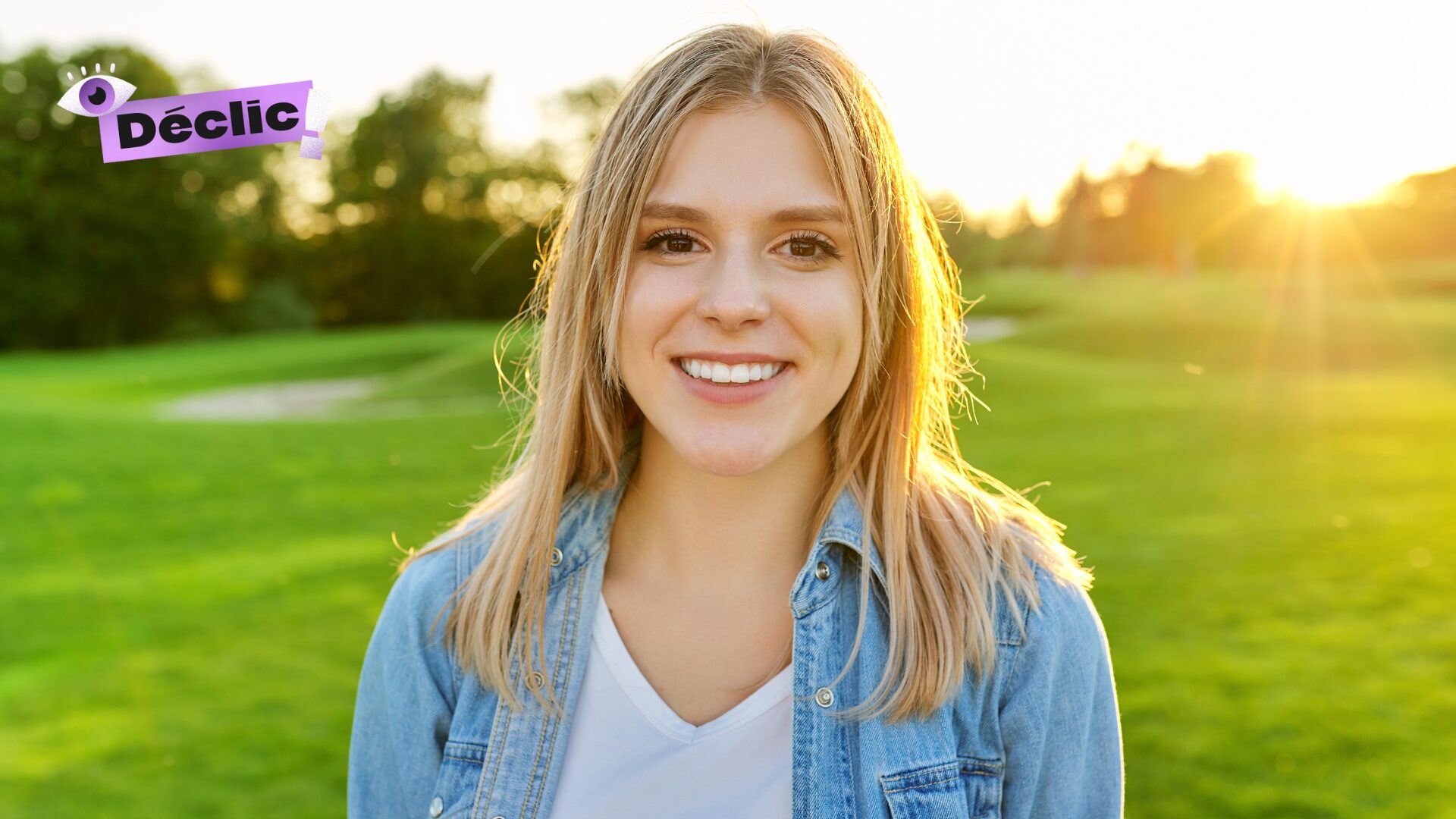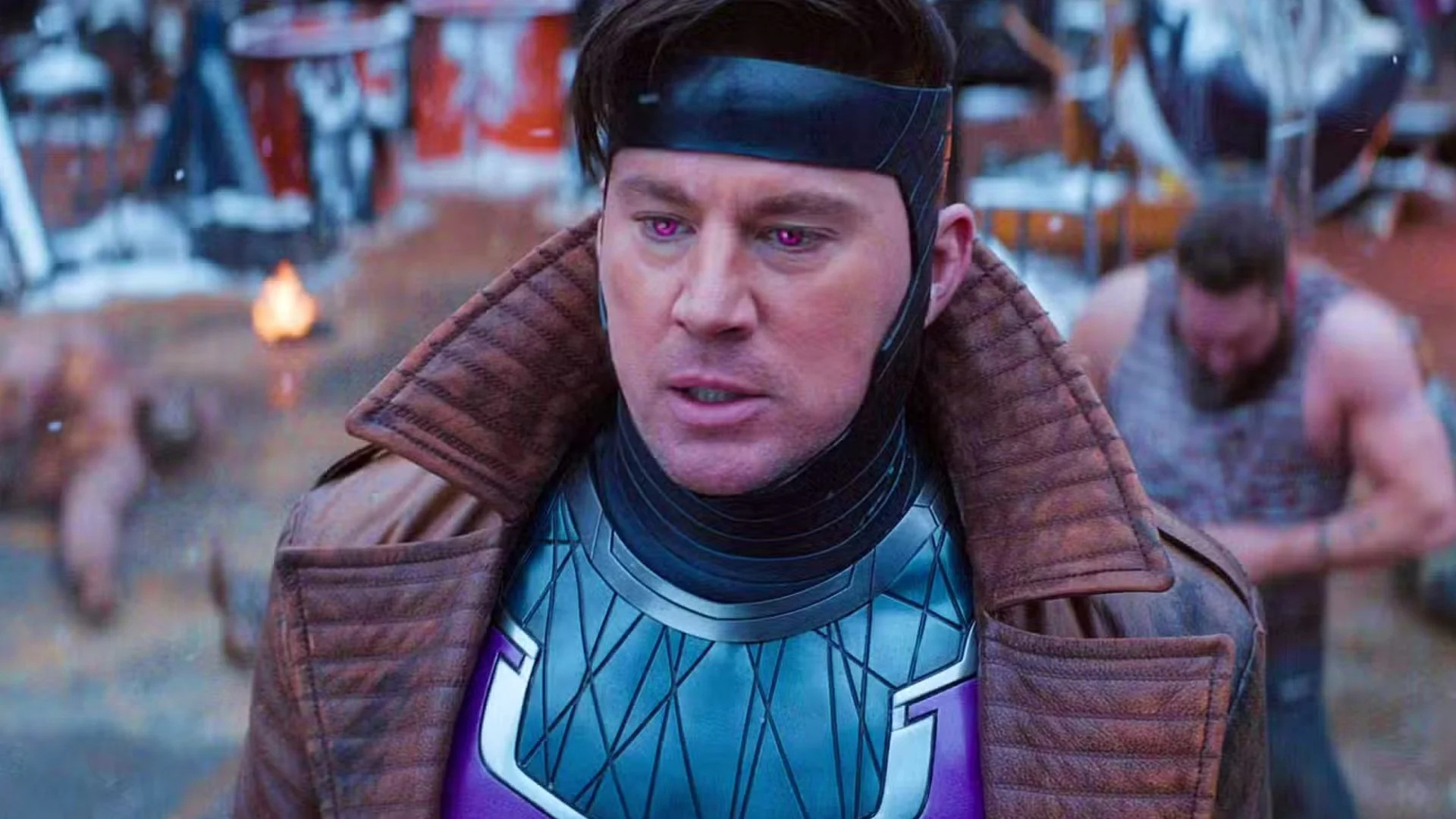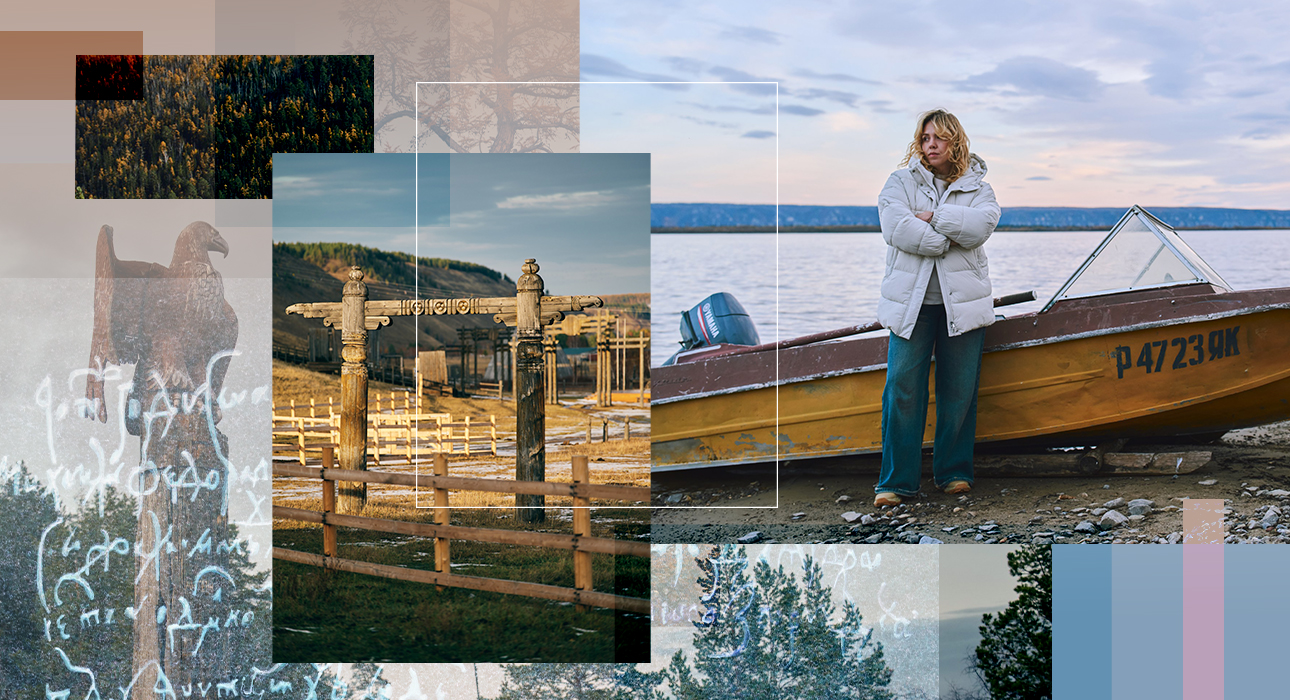- First name : Lily
- Age : 21 years
- Occupation: Student
- Place of living: Paris
How would you describe your relationship with feminism?
Feminism, for me, was my way of liberating myself. To reflect on the world around me and on myself. It’s a passion. Without feminism and all the social struggles, my life wouldn’t be the same, I wouldn’t be the same.
Did you grow up in a feminist environment?
NO. At home, feminism is not necessarily understood or accepted (my parents are in their 60s). However, they know that they cannot change me, so it is tolerated and sometimes admired.
With my family or friends, feminism is sometimes a source of friction. The same goes for all my political ideas (called left-wing). We’ve had big fights over meals before. Observations such as “feminists go too far, they are too extremist, I don’t agree with this radicalism”, I’ve had a few, but nothing too violent. On the other hand, on the LGBT issue… I could write a book about it. The last one: “Lesbians are rebels of society who destroy themselves by shaving their heads and getting tattoos everywhere out of conviction”.
When did you first become a feminist?
I would like to say forever, but in reality it all started in high school, when I was 15/16 years old.
Before, and since I was little, I was more in the “I don’t like injustice,” I hated and did not understand gender stereotypes, gender assignments (games, colors, practices, etc.) but the word feminism was only introduced when I was 16 and, I proudly assume, since I was 20, where I didn’t I’m more ashamed to say it.
It was the encounters with people my age who asked questions, who were a bit militant, that got me interested in social causes. Feminism dates back to my high school, and in particular to school work in eighth grade, where I was in a group with two slightly older people, interested in the anarchist and feminist environment. Since then I have never stopped exploring the topic!
How does feminism permeate your life today?
This affects me enormously. I started having an opinion, my opinion, when feminism entered my life.
Professionally I would like to orient myself towards this environment. I would like to work as a volunteer to defend the rights of women and minorities. Furthermore, my political beliefs are clearly affected. I am, for example, very attentive to SGBV scandals in our government.
In friendly terms, I’m the fierce feminist of the group. It’s part of my personality and the discussion topics that I really like, that I defend. Sometimes I am asked for my critical opinion on certain topics related to feminism and articles are sent to me.
In my love, romantic and sexual life, feminism has allowed me to be more alert and to see that certain things were not right, it has made me aware in a certain way, which is why I have set myself big goals that I am not intransigent about ( for example, the need to have mutual consent, regardless of the type of romantic or friendly relationship, to be vigilant about the desires of others and one’s own, to know how to say no, etc.). It taught me the concept of limiting myself.
- Gisèle Halimi, “The cause of women”. In its entirety, this work leads us to reflect on the world and our social and feminist history. But its appendix makes us aware of how far we women have come.
Have you left aside certain habits, deconstructed certain beliefs or set new limits?
My feminism is part of a global reflection on our society, its codes and standards. I am passionate and concerned about all issues related to gender/sexual minorities, ecology, racism (as an ally, because I am not racialized), etc.. And my feminist identity was constructed/developed at the same time as my queer and activist identity.
I grew up in a family where religion had a relatively important, but hidden, place. In the sense that we didn’t go to mass every Sunday, but there were Catholic norms. I was baptized (it was my choice, but I went to a private Catholic school until I was 10 so it was a semi-choice: I only had that around me, baptism was a bit like the latest pair of fashionable shoes in the playground) . I broke away from this religion by leaving this school, and definitively following the death of a relative of mine with whom I shared this attachment to culture and religious traditions.
Another thing that made me turn away from Catholicism was the maturation of my activist thoughts. Today I have no intention of getting closer to this religion, because, even if there may be something good, I think that the way in which Catholic values are interpreted by a significant part of the population is not in accordance with my beliefs. The still very stereotyped role of women, the atrocious child abuse committed by some, the conversion therapy… All these elements make me uncomfortable. I don’t feel at home there anymore.
As for boundaries, it’s simple: I no longer tolerate homophobic or sexist comments.
Do you operate in feminist environments today?
It hasn’t been long since I dared go to demonstrations or marches, fearing the movements of the crowd and perhaps not feeling legitimate enough. It’s a combination that meant I didn’t go even though friends started going. But since 2022 I have been participating in marches for women’s rights. This year I went on strike for the first time on March 8, skipping a TD to go to a demonstration. Otherwise I like to go to alternative or university conferences on this topic, in places or cafes dedicated to debate.
Do you feel like you’ve reached the end of your feminist awakening?
No, I’m still young and have a lot to work on! I believe my past opinions corresponded to a T e moment I no longer have any judgment about the homophobic and potentially sexist person I was. I will continue to evolve.
A great example of this evolution is my opinion on the place of men in feminism, whether a man can call himself a feminist, and the debate on these topics. Before he was a big no and I didn’t understand how anyone could think otherwise. Today I find it important that there are times without them (for reasons of safety and freedom of speech). However, I think men need to be included in feminist struggles. It seems important to me that they educate themselves on these issues, that they go to demonstrations. Why reject them when they try to understand? As long as they remain aware of their place. This is part of my current thoughts, maybe in a few years they will be different.
Another example of my progress: I started Gisèle Halimi’s book “The Cause of Women” when I was 18/19 years old. Except my thought wasn’t big enough yet and I was really afraid to finish it. Two years later (this year), I finished it. I realized through this text, which at the time seemed very anti-systemic to me, that I had evolved a lot, that these thoughts were now mine and that, ultimately, Gisèle Halimi perhaps wasn’t entirely wrong.
Read another one
Click
-
Célia, 24 years old: “I understood the importance of feminism by playing Trivial Pursuit”
-
Sandrine, 48 years old: «I asked my daughters more than my son for household chores»
-
Suzy, 27 years old: “Today I’m afraid of having sex with men”
-
Joséphine, 22 years old: “As for my feminism, I often wonder if I am in excess”
-
Ed, 38 years old: «I see the classic couple more as a VSE than as a relationship»
Discover BookClub, Madmoizelle’s show that questions society through books, in the company of those who make them.
Source: Madmoizelle
Mary Crossley is an author at “The Fashion Vibes”. She is a seasoned journalist who is dedicated to delivering the latest news to her readers. With a keen sense of what’s important, Mary covers a wide range of topics, from politics to lifestyle and everything in between.





